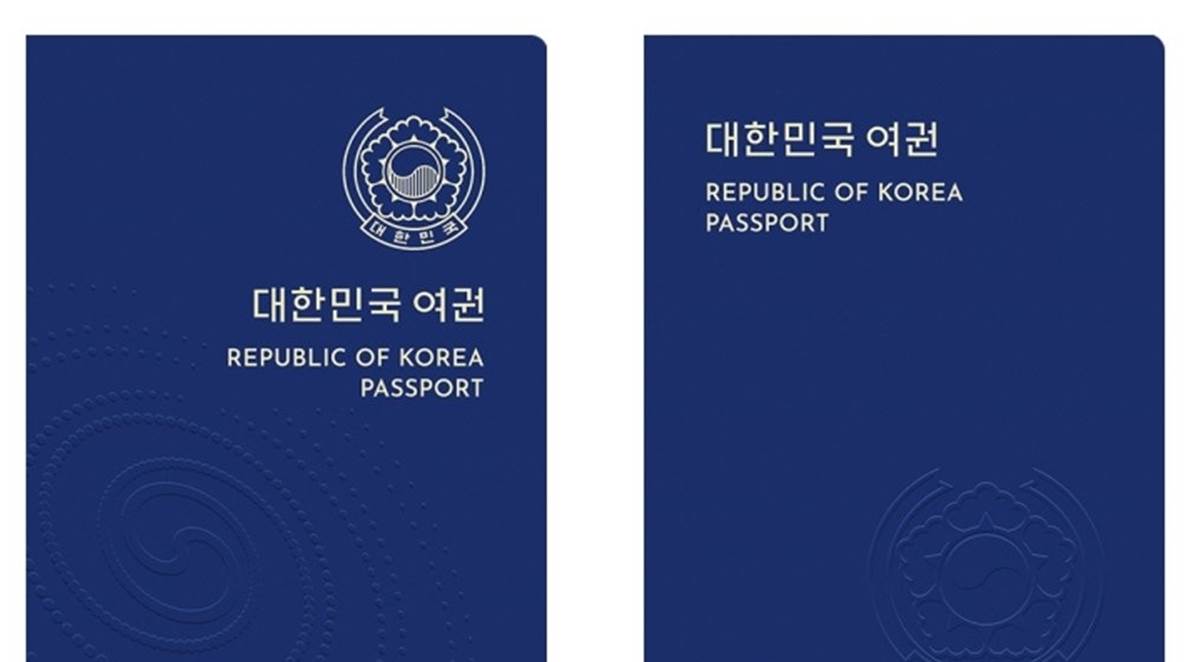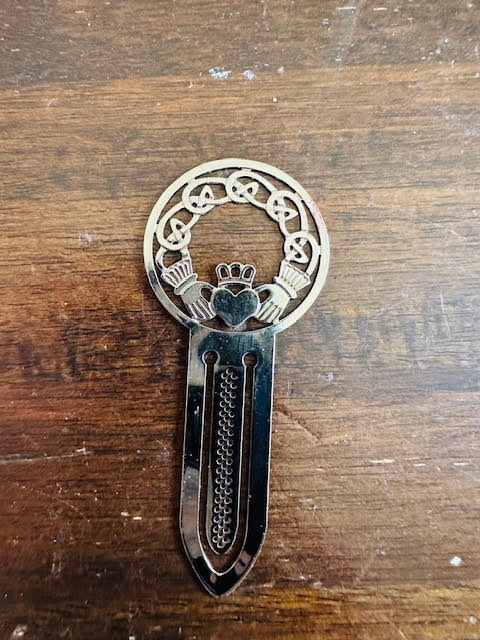- Can documents issued in Spain be used in Pakistan?8262020.10.30
- Apostille Near Me / KICPC5822020.11.01
- Apostille service for Philippines / KICPC6372020.11.02
- “Don’t worry about renewal and reissuance of International Driving Permit.”12902020.11.03
- KICPC / UAE Consulate changes - educational documents Immediate Changes at the UAE Consulate 5052020.11.03
Apostille service for Philippines / KICPC
2020.11.02An Apostille is a term used in legalization services meant to recognize public documents issued by a foreign country to be used anywhere in the world (in countries which are statutory to the 1961 Hague Convention).
What is a Hague Convention Apostille for Philippines?
For Philippine nationals wanting to legalize a procedure including a public document needs to be legalized by a U.S. Apostille. This means they would need a certificate attached by a competent authority (an Apostille service) – this would legally state that the stamps and signatures of the government officials on your documents are valid.
This simpler method is a direct result of the 1961 Hague Convention which abolished the need for creating new legal documents in every other country for the same reason. This means that the Apostille Convention abolished the requirement authentication of the signatures on your documents by the originating jurisdiction (or public notary which originally issued the public documents), followed by legalization at the embassy or consulate of the country of destination. For Philippines, the United States of America Department of State Authentication is a vital step in the process.
Apostille service for Philippines?
Philippines joined the Apostille Hague Convention very late – in fact, it became a statutory body on May 14, 2019. Fortunately, it still has many advantages over its previous status of not being a signatory to the Hague Convention, which made it very difficult for people to authenticate or legalize their public documents issued in the US to be used in the Philippines or vice versa. By becoming a subject to the Apostille Convention, Philippines now no longer requires the red ribbon from the Philippines Embassy and/or Consulate Office(s). As a result, the Apostille issued by the California Secretary of State is sufficient for the special Power of Attorney (POA) to be accepted by the Philippines.
How to get Apostille service for Philippines?
The first step to get Apostille is to assess which type of certification you require. However, there is a slight difference between Apostille and legalization that you should keep in mind. You’ll be required to go for an Apostille if the country of your nationality (the state which issued the original public documents) and the country of your destination are both party to the UN’s Apostille Convention (a clause of the 1961 Hague Convention).
Since requirements for the Apostille and/or legalization and authentication differ for each country -(determined by the country’s own national laws), you should consult a professional Apostille instead of trying to get through the process on your own. For instance, if you are currently based in other country, looking for an Apostille near your location, all you need to do is to meet with us and mail in the required forms of the power of attorney with the official Apostille forms for processing.
Similarly, to Apostille a special power of attorney (POA), for instance for real estate ownership transfer between spouses who married in the Philippines, you’ll need the original POA to be signed and notarized by meeting with a local public notary near you. Finally, once it is successfully notarized, all you need to do is mail it to KICPC !
apo@allminwon.com







 자연이 곧 법이 되어, 산행하는 이의 참된 자아가 고요히 펼쳐지는 뉴욕의 캐츠킬 산맥.
자연이 곧 법이 되어, 산행하는 이의 참된 자아가 고요히 펼쳐지는 뉴욕의 캐츠킬 산맥.
 인지의 한계 (The Limits of Cognition)
인지의 한계 (The Limits of Cognition)
 Buy Abiraterone 250 mg Tablets Online in the Philippines at Affordable Prices
Buy Abiraterone 250 mg Tablets Online in the Philippines at Affordable Prices
 기소중지 상태에서도 여권 발급은 가능할 수 있습니다.
기소중지 상태에서도 여권 발급은 가능할 수 있습니다.
 1월안의▶◀장기 기증
1월안의▶◀장기 기증
 [교통사고] 범퍼 긁혔는데 $500 받고 끝낼까?" 그 순간, 당신은 수천 불을 버렸습니다.
[교통사고] 범퍼 긁혔는데 $500 받고 끝낼까?" 그 순간, 당신은 수천 불을 버렸습니다.
 [내 마음의 隨筆] 책 사이에 남겨진 마음
[내 마음의 隨筆] 책 사이에 남겨진 마음
 2017년1월28일 실종
2017년1월28일 실종
